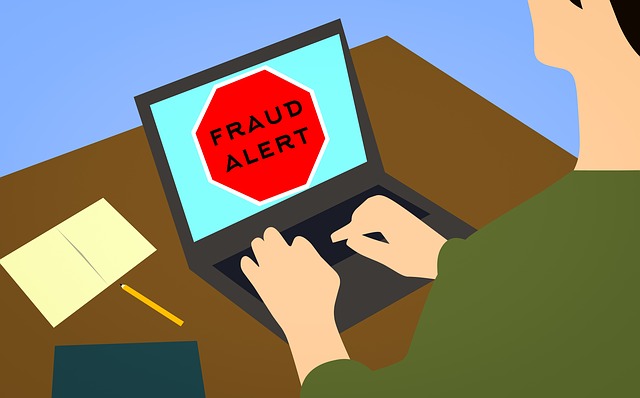 Celebrities and brands are suffering a deluge of social media imposters. Fake profiles are now common on social media. The imposters pretend to be companies, celebrities and other well-known individuals, stealing their social media identities and confusing fans and customers.
Celebrities and brands are suffering a deluge of social media imposters. Fake profiles are now common on social media. The imposters pretend to be companies, celebrities and other well-known individuals, stealing their social media identities and confusing fans and customers.
The imposters frequently ask people for money. Some are sexual predators or criminals. Some ask for log-in information or other sensitive financial information. Disgruntled employees, angry customers or others with an ax to grind spread false, damaging information or espouse radical causes.
The New York Times found 28 accounts impersonating country music star Kip Moore on Facebook and another 61 impersonating him on Instagram. Many promise his fans love and ask for money. After they’re conned, fans direct their anger at the real country music singer.
9,000 Social Media Imposters
Research commissioned by the Times identified 9,000 accounts on Facebook, Instagram and Twitter that claimed to be one of the 10 most-followed people on social media. Millions of phony profiles on Facebook, Instagram and Twitter pose as actors, singers, athletes, politicians and other well-known individuals. Even Facebook executives are not exempt: Mark Zuckerberg and Sheryl Sandberg imposters have scammed unsuspecting users out of thousands of dollars. The volume of imposter accounts is so large that celebrities often ignore the more benign fake accounts and attempt to counter only the most dangerous ones.
In the past year alone, Chris Pratt, Robert Downey Jr, and Chadwick Boseman, as well as Parkland school shooting activist Emma González, have warned followers about imposters.
Weak controls of social media networks have allowed charlatans to proliferate. Although the networks have gotten better at removing fake accounts, plenty of room for improvement remains. Depending on the network, users may only need an email address to create accounts. Even if networks remove fake accounts, nothing stops the impostor from creating another one.
Brandjacking Poses Reputational Risks
Some call stealing brand social media identities “brandjacking.” While not new, the problem has worsened recently and can severely harm the brand’s reputation, especially if allowed to continue.
The bogus Twitter account @BPglobalPR mocked BP during the 2010 Deepwater Horizon oil spill. It once tweeted: “The ocean looks just a bit slimier today. Dressing it in black really did the trick! #bpcares”. The fraudulent account attracted more followers than the real BP.
“While BP was dealing with this disastrous crisis, this act of brand impersonation did add oil to the fire burning BP’s reputation,” says Jenny Wolfram, CEO of BrandBastion.
Social Media Monitoring Solutions
Technology firms have cropped up to help celebrities, companies and other possible victims counter the problem. Firms such as IntSights scour social media for company names and closely related names that are imposters or brandjacking. For instance, a website imitating Bank of America may call itself The Bank of America Group. IntSights has about 100 brand customers in the US. About half have fake brand accounts, and about a third found fake CEO accounts, IntSights CEO Guy Nizan told MarTech Today.
Companies can spot the impostors through social media listening tools. For complete media coverage, it’s critical to monitor the larger internet landscape in addition to social media – especially fake news sites. Social media impostors may also create fake websites or spread misinformation originating from fake news sites.
In addition to monitoring the names of their company, products and top executives, companies can monitor for common misspellings, nicknames and variations of their brand names. The traditional online media monitoring services such as Glean.info can provide ongoing media monitoring of online news, print, broadcast and social media. Typically, however, the traditional media monitoring services do not offer “take down” services to remove imposter accounts from social media platforms. Companies and celebrities (or their agents) work directly with each social media platform to remove imposter accounts.
Bottom Line: Social media impostors frequently claim to be celebrities, brands or company CEOs. They often con gullible social media users out of their money or commit other crimes. Identity thieves can severely damage a brand’s reputation if it’s not on guard.
William J. Comcowich founded and served as CEO of CyberAlert LLC, the predecessor of Glean.info. He is currently serving as Interim CEO and member of the Board of Directors. Glean.info provides customized media monitoring, media measurement and analytics solutions across all types of traditional and social media.




